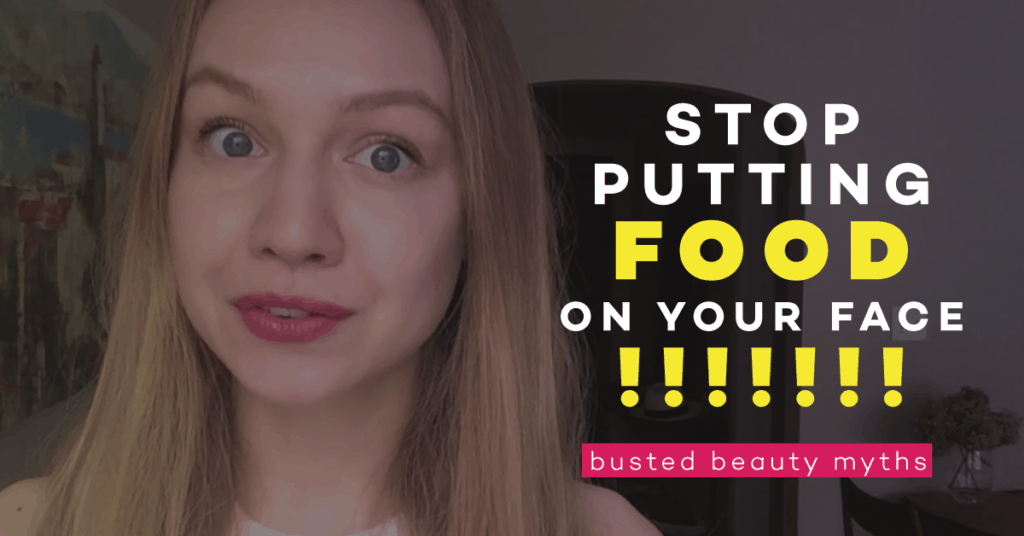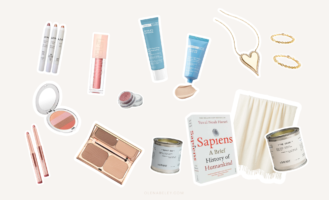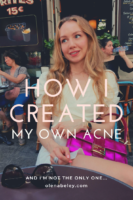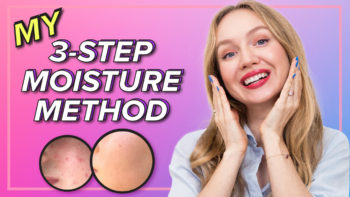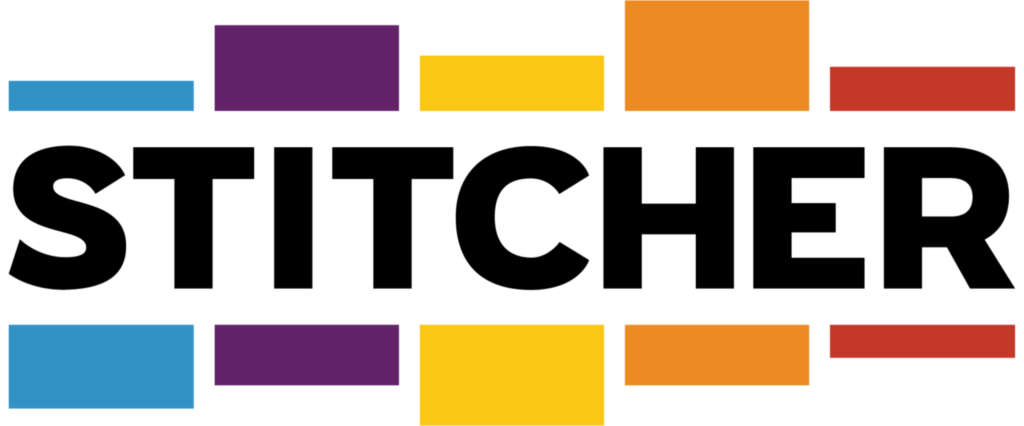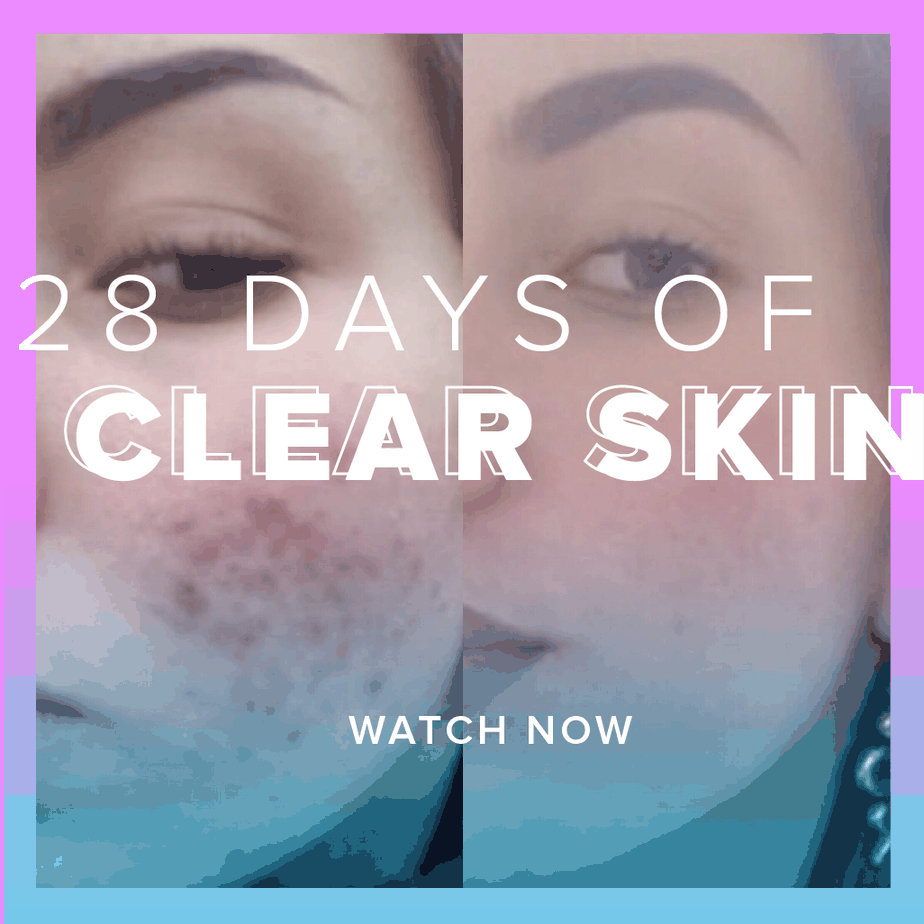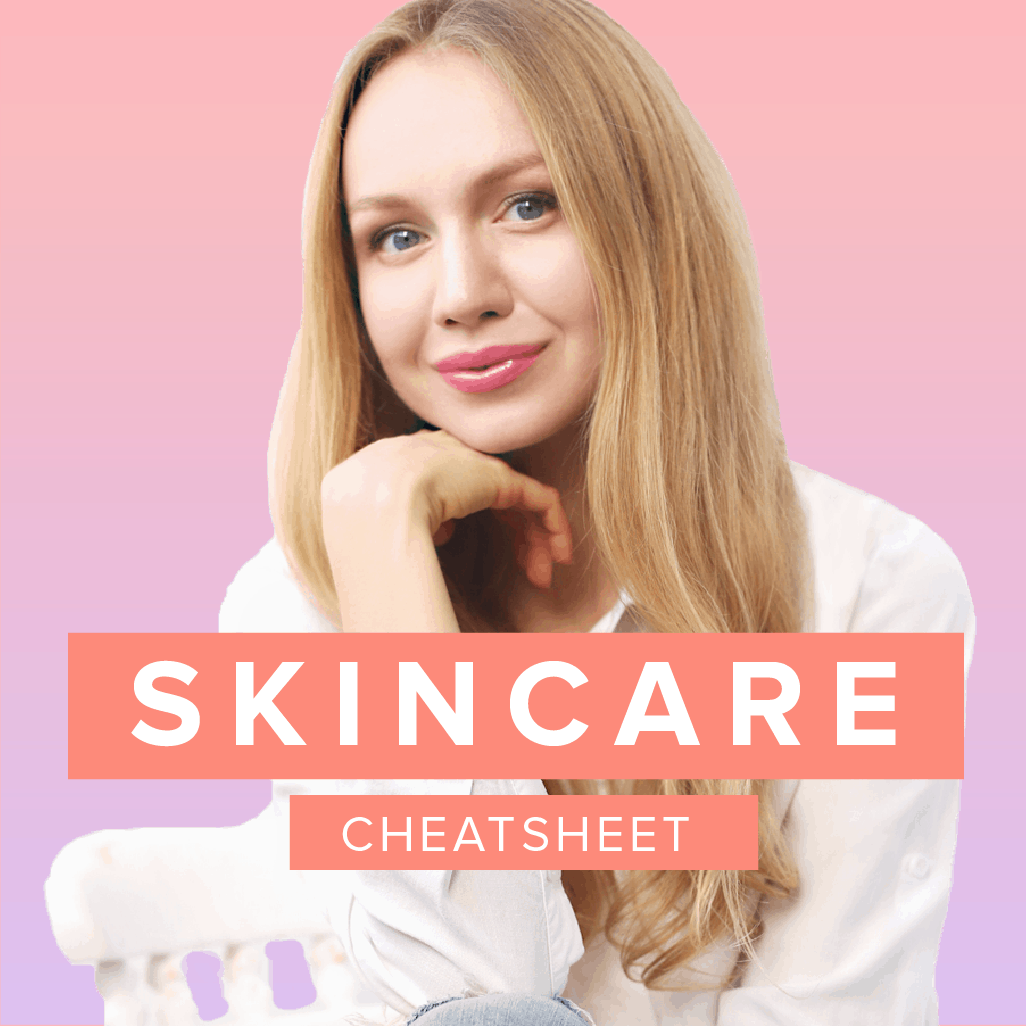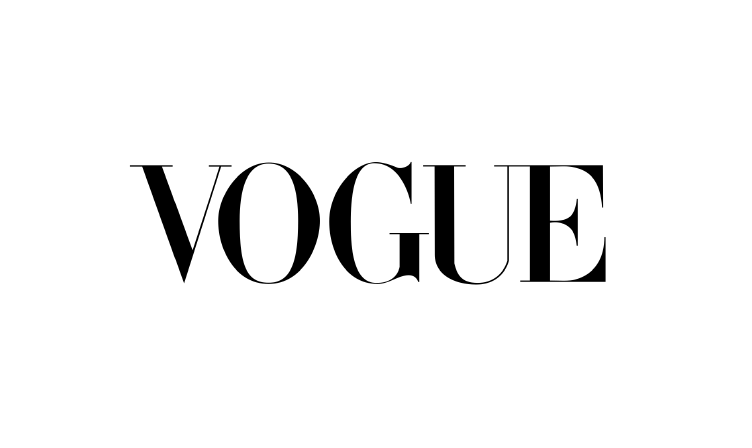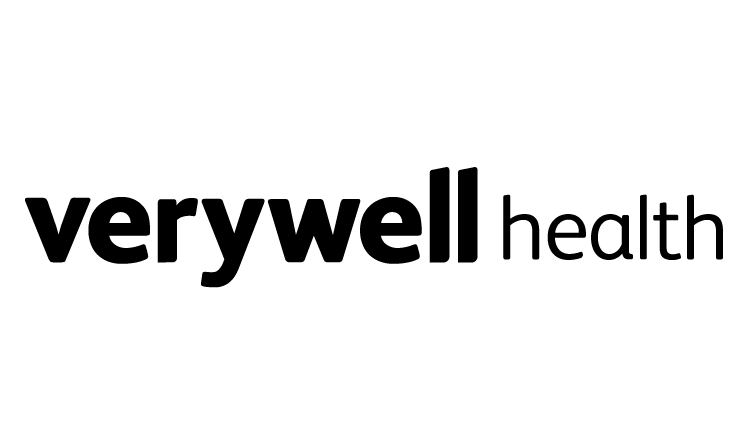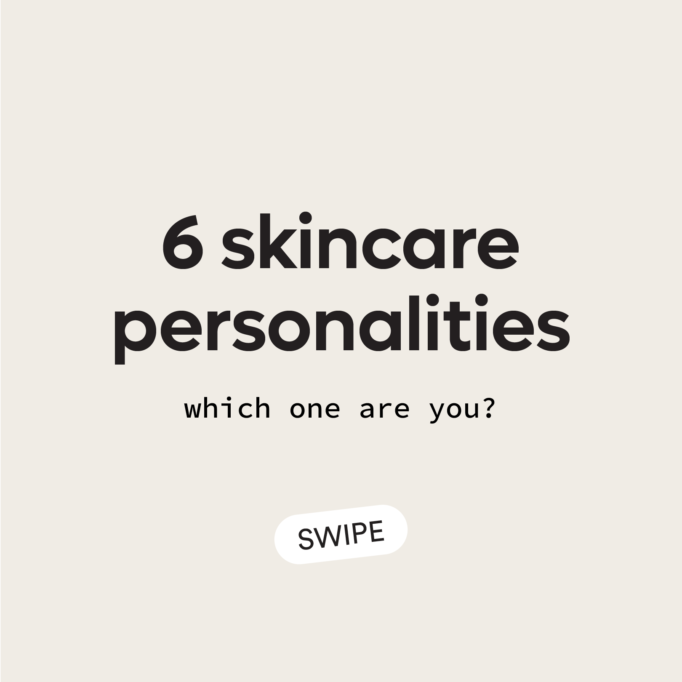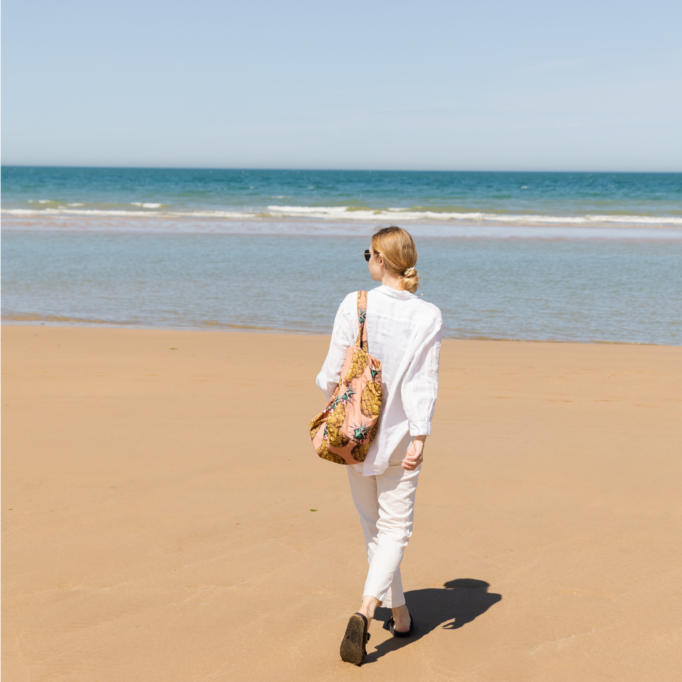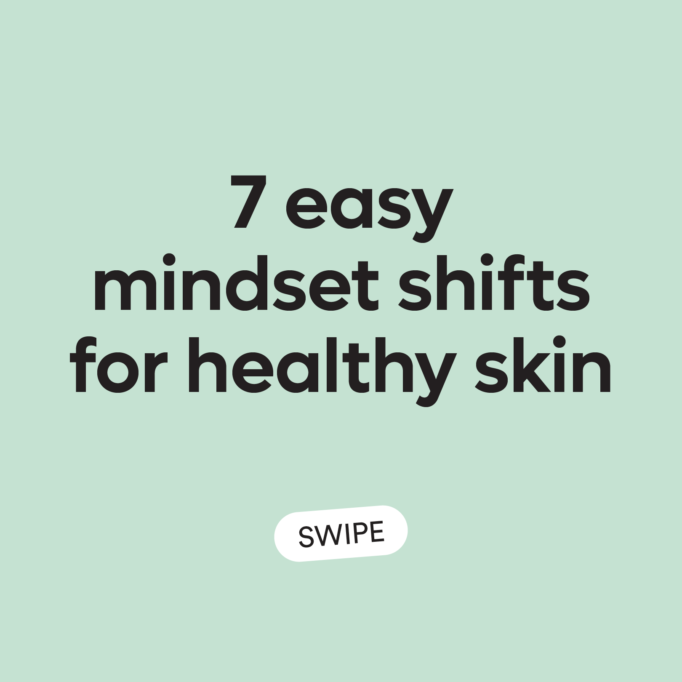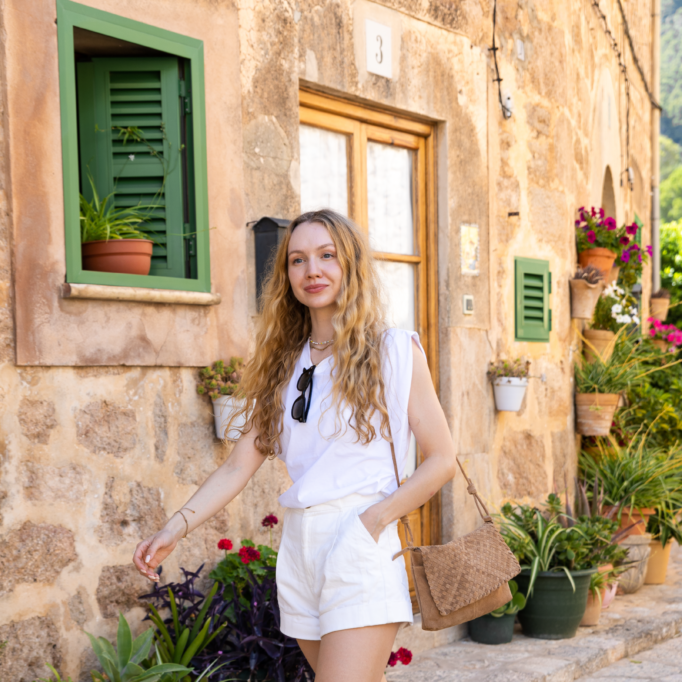The general public knows very little about skincare, and because of misinformation, they’ve forayed into natural skincare… Believing that the more natural, and even EDIBLE an ingredient is, the safer it is to put on your skin.
The natural skincare craze has swept us right into the kitchen… Now instead of trusting licensed cosmetic chemists to formulate products for us to protect our skin, we’ve decided that plain food stuffs will do!
DIY oil cleansing, toners, masks and scrubs full of fun ingredients like oils, papaya, lemon, apple cider vinegar, baking soda have taken the masses by storm!
If it’s good enough to eat, and has many beneficial vitamins and nutrients, then it’s good enough to put on your face.
Not.
Your Face Is Not Your Stomach
Your face and your stomach and digestive tract work in very different ways. Skin protects you, and keeps things OUT. While your stomach absorbs necessary nutrients and then *SURPRISE* delivers them to your skin via the blood.
That’s right, your skin gets NUTRIENTS and OXYGEN from your BLOOD.
The food that you put on your face doesn’t actually provide any nutritional benefits to your skin, because again, your skin keeps things OUT.
Food is not Skincare
Food is meant to nourish you from the inside, while skincare is meant to clean and protect you on the outside. What your stomach can handle and what your skin can handle are not the same.
Good skin care products are specifically formulated to be SAFE on skin. They go through stringent testing, where real cosmetic chemists creating formulations that do what they’re supposed to do.
Good skin care products are meant to clean without stripping your skin of all moisture, to add back moisture that’s been lost, to seal in moisture, to protect you from burning and aging, to protect you from free radicals… To keep your pores open to help your sebum flow without obstruction, and to smooth and soften…
Food is not skin care and cannot replace good skin care products. Forgive me, but a chef cannot replace a cosmetic chemist…
I’ll show you examples of 3 popular foods used on the face especially for acne-prone skin and what they actually do for your skin. They are papaya, apple cider vinegar, and baking soda.
Papaya For “Gentle Exfoliation”
Acne gurus within the natural skincare community are proponents of papaya enzyme masks, because they claim that papaya is a really gentle exfoliant.
But how gentle is gentle?
Papain, the enzyme in papayas that breaks down bonds between proteins and promote exfoliation exists in green papayas. Whereas, ripe, orange papayas that everyone is putting on their faces contain almost no papain.
This means that the result you get from putting papaya on your face is… papaya on your face.
But there’s more!
According to this study, “TEWL was substantially increased 30 and 60 minutes after treatment with active papain, indicating an impairment of the epidermal barrier, whereas inactivated papain slightly elevated TEWL.”
This means that papain impairs the skin and increases transepidermal water loss, leading to dryer skin!
The same study also found that, “Topical formulation containing papain could permeabilize the skin barrier. Therefore, penetration of chemicals or fragrances present in the same formulation might be fragrances, resulting in a higher risk for induction of allergies against these substances.”
So even if you’re not putting actual papain on your face from unripe green papayas, and instead are using products that contain papain in them, you might be making your skin more permeable. This is not a good thing, since your skin is a protective organ, it needs to protect you from bacteria and the elements.
Do you want compromised, permeable skin?
Product to try instead for real gentle exfoliation:
Paula’s Choice CLEAR Regular Strength Anti-Redness Exfoliating Solution With 2% Salicylic Acid
Apple Cider Vinegar/Lemon For Brightening and Exfoliation
Apple Cider Vinegar has been around for a while. It was promoted as a “natural” chemical exfoliant… Apple Cider Vinegar is said to exfoliate the skin, and get rid of discolouration from past acne scars.
The PH of acids is really important though for them to work.
Healthy skin’s PH is 4.5-6.2, which makes healthy skin acidic. Real daily chemical exfoliants formulated in the lab usually have a PH of 3.5-4. This is low enough for the exfoliants to work, but high enough not to irritate or burn the skin.
While medium to deep chemical peels have PHs as low as 0.6. The lower the PH, the stronger the burn and the irritation!
But consider that the PH of Bragg’s Apple Cider Vinegar is 2.85… That’s incredibly LOW for an exfoliant that people use DAILY.
Prolonged use of a product with a really low PH can make the skin more sensitive, and more acne-prone — especially if used every day.
A PH of 2.85 may not seem too far away from the skin’s PH of 4.5-6.2… But the difference between 2 and 3 on the PH scale is 10 times. The difference between a 2 and a 4 is 100 times, and the difference between 2 and 5 is a 1000 times!
I can hear you thinking, “But what if you dilute the apple cider vinegar?”
I don’t know — I’m not a cosmetic chemist. Are you?
What I do know, is that I check the PH of acids that I put on my face — I don’t guess. Because guessing with acids can result in chemical burn disasters, or at the very least major irritation.
I want to also mention lemon since we’re talking about “natural” acids. A lot of people put lemon juice on their faces to brighten scars and discolouration.
The thing about lemon is that it’s even more acidic than apple cider vinegar, with a PH of 2. This means that it’s extremely irritating!
But there’s more!!!
Lemon contains a compound called psoralen — which increases the skin’s sensitivity to sunlight, breaking down collagen and elastin, and aging you in a BIG way. Psoralen is a photosensitizing agent.
Why risk the skin damage?
Product to try instead for bright, clear skin:
Paula’s Choice CLEAR Regular Strength Anti-Redness Exfoliating Solution With 2% Salicylic Acid
Baking Soda For Exfoliation And Removal Of Blackheads
Conversely, baking soda has a PH of 8.3, which is super alkaline. This is super important because of all the research done on alkaline products affecting the skin’s naturally acidic PH.
The thing is, you can actually raise your skin’s PH by using alkaline products (like soap) longterm.
Raising your skin’s alkalinity is a bad thing because your skin becomes a breeding growth for bacteria, especially P. acnes bacteria. Studies literally show that the more alkaline the skin, the more bacteria growth!
Baking soda is pretty much the worst thing you can do for acne-prone skin. It ruins the integrity of the skin and its natural PH balance that makes it resilient to bacteria and the elements.
Using baking soda to get rid of black heads or exfoliate is not worth the damage you cause to your skin’s PH.
Natural Scrubs (Sugar, Salt, Oatmeal, Baking Soda)
People also have a weird fear of “chemical scrubs”… When “chemical” scrubs usually contain jojoba beads!
Instead, they opt for “natural” scrubs containing thins like sugar, salt, oatmeal, walnut shells (St. Ives), or plain baking soda.
The problem with “natural” scrubs is their shape. They are often sharp and jagged, and super abrasive. It’s easy to scrub a little too hard and cause uneven abrasions all over your face.
I only use sugar to exfoliate if I’m super desperate/travelling/forgot my scrub at home. Sugar scrubs are definitely not a daily habit, or even a monthly habit.
But I do recommend that you manually exfoliate at least 1-2 times a week. This will keep your skin smooth and glowing, and will get rid of that dead skin cell layer that can potentially block your pores and cause breakouts.
Read all about manual exfoliation and how to do it properly here.
Products to try instead of harsh scrubs:
Bioderma Exfoliating Purifying Gel
Decleor “Aroma Cleanse Phytopeel” Exfoliating Cream
My Thoughts About Honey On Your Face
Everything I’ve written above has been grounded in some kind of science or research. The following is purely anecdotal evidence.
I too wanted to believe in natural skincare as a solution to my pimples. I tried it all, and nothing worked. In fact my skin was the worst it’s ever been on natural skincare.
But there was one food I still wanted to believe in: honey.
I loved eating honey, and I loved the idea of honey on my face. It’s antimicrobial and an incredible humectant. Many beauty gurus recommended it as treatment for severe acne.
I wanted honey to work — I really believed in it. Except every time I used honey, I broke out. I couldn’t ignore the connection.
Literally, after every time I applied honey, I’d get one or more new pimples.
The one thing I can say with certainty about honey is that it’s an incredible humectant. If your skin is dry BUT not acne-prone, then go ahead and use it as a mask. It will make your skin glowy and hydrated. But if your skin is acne-prone, I’d be very careful about using honey.
Final Thoughts
When I finally accepted that food doesn’t belong on my face, and stopped trying to feed my face… my skin improved. I’m happy to say that today, as I sit and write this to you, my skin is clear and glowy, and less oily than ever before.
I credit my awesome skin to my intelligent skincare routine, my intelligent way of eating, and my intelligent lifestyle… All of which promote a sense of love, peace, and well-being!
I’m no longer afraid of putting chemicals on my face — but trust me, I’m picky AF. I read ingredients, I pay attention to PHs, and I know what every step is for and how to apply it.
I no longer wake up fearing the worst, and touching my face to feel what new pimple is there to taunt me. It took 14 years of mistakes and experiments for me to finally love my skin!
Next up I’ll discuss the myth that food, when taken internally, has no effect on your skin. Dermatologists used to tell us this, and a lot of people still believe it…
Love,
Olena
P.S. Don’t miss a single one of my best 28 hacks for clear skin — sign up to get them in your inbox!
